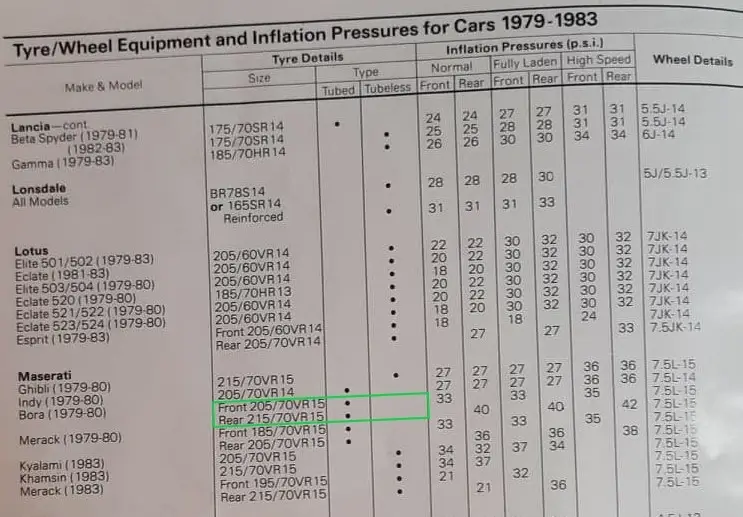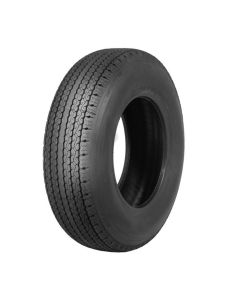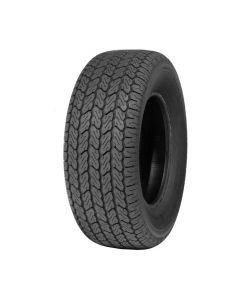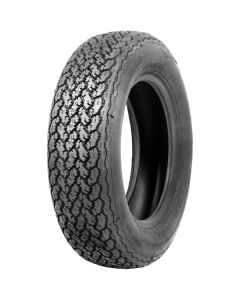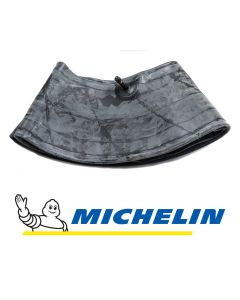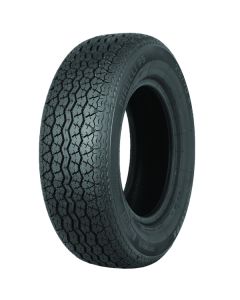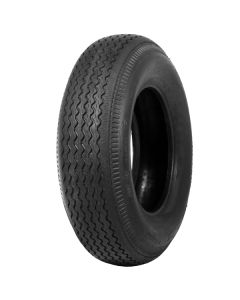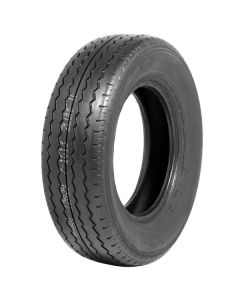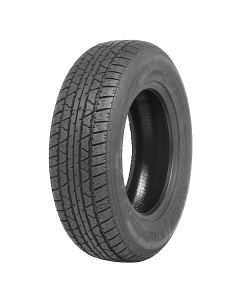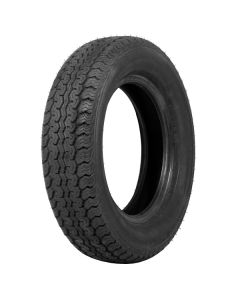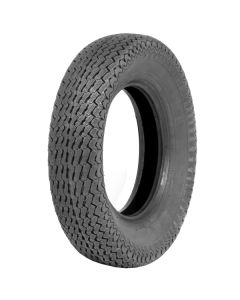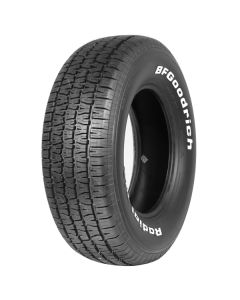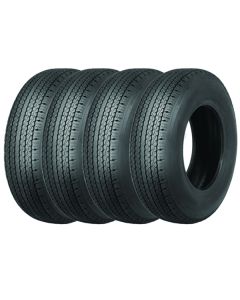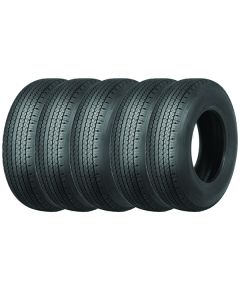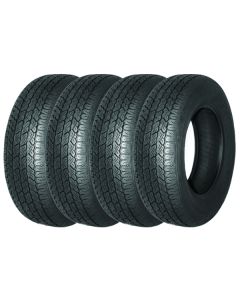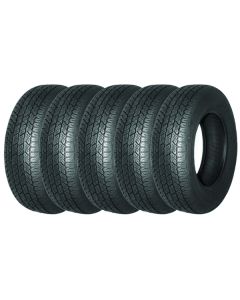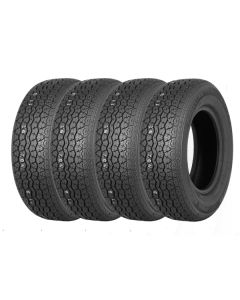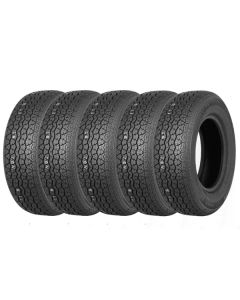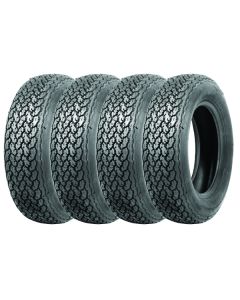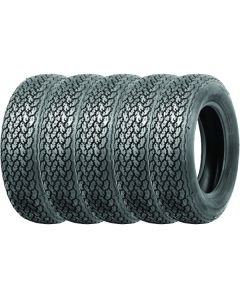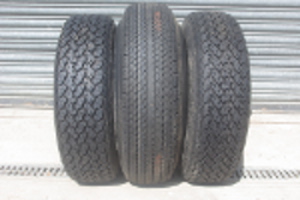Maserati Ghibli Tyres
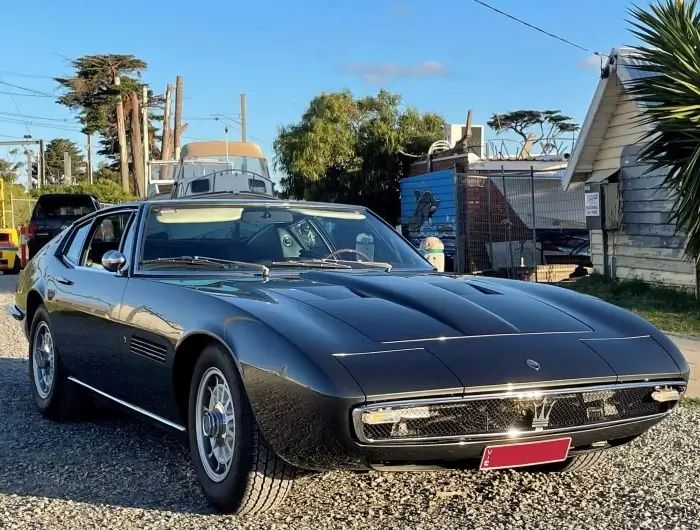
Maserati Ghibli on 215/70 R 15 96W PIRELLI CINTURATO CN12 Tyres
Maserati Ghibli 1967–1973
- The Maserati Ghibli originally fitted the 205 WR 15 PIRELLI CINTURATO CN72 on Centre lock Campagnolo wheels.
- These early centre lock wheels definitely need innertubes.
- Late 1968 Maserati moved the Ghibli from Splined hubs and fitted 7” bolt on Campagnolo wheels, again with the 205 WR 15 PIRELLI CINTURATO CN72.
- In 1972 Maserati fitted 7.5” bolt on Campagnolo wheels to the Ghibli and fitted 215/70 R 15 96W PIRELLI CINTURATO CN12 tyres.
- Some of these later 7.5” Campagnolo wheels have the safety hump on the rim and can be run without innertubes.
- Another optional tyre for a Maserati Ghibli would be the 215/70 WR 15 Michelin XWX.
- The Michelin 15/17H will be the best fitting innertube for the tyres.
- Some Ghibli wheels were tube-type wheels that require innertubes, later wheels where tubeless and can be run without tubes. See our Ghibli Wheels section for more information.
- Borrani Wire Wheels are available for the Ghibli (see below), if you have wire wheels innertubes must be fitted.
Maserati Ghibli Tyres Explained
History of the Maserati Ghibli
The Maserati Ghibli was launched at the Turin Motor Show in 1966. Designed by Giorgetto Giugiaro of Ghia, the Ghibli continued Maserati's theme of naming cars after the wind. Ghibli is the name for a collection of winds blowing across the Sahara desert.
The Maserati Ghibli was introduced in 1967. Maserati's most powerful production engine yet, a 4.7-litre V8, delivering 340 horsepower, provided power. The rear suspension was a live axle with leaf springs and an anti-roll bar, while the front suspension was an independent arrangement with double wishbones, coil springs, and an anti-roll bar. The Ghibli was based on a Mexico chassis that was shortened and given increased stiffness and rigidity. Vented disc brakes were on all four corners and a five-speed manual gearbox transmitted power to the rear. In 1968 a three-speed automatic gearbox was offered as an option.
The Maserati Ghibli featured a dry-sump lubrication system rather than the more common wet sump system, which stores oil in a tank underneath the engine. Dry sump systems store oil in a separate reservoir, which is then injected into the engine for lubrication and recycled back into the reservoir. This design, which was popular on many racing vehicles of the time and is still almost entirely employed in high-performance applications today, had several benefits. First, and maybe most importantly, it allowed for an engine with relatively minimal vertical height, which contributed to the Ghibli's fearsome appearance. Another advantage of the lower engine height was that the Maserati Ghibli engine was located relatively low in the car's chassis, resulting in a low centre of gravity. Dry sump lubrication also prevents oil starvation and improves oil cooling, making the Ghibli's engine ideal for both road and track use.
Even now, the performance results are amazing. 0-60 mph could be accomplished in 6.4 seconds, with a quarter-mile passing time of 14.5 seconds. The Maserati Ghibli became capable of exceeding 170mph with the introduction of the SS variant and its 360hp, 4.9litre V8 in 1970. The dry-sump and pop-up lights allowed for a low hood and an imposing front appearance with a broad black mesh grille and the Maserati trident prominently displayed in the centre. The strong rake of the windscreen continued the concept, and it swept up to a low roof (the Maserati Ghibli stood just 45" high). The back end was completed with a Kamm tail.
In 1968 a convertible version was released, designed once again by Ghia. The option of a hardtop made the vehicle suitable for all types of weather and driving conditions. Production, which ended in 1973, totalled 1299 cars. Of these 125 were convertibles and 25 were SS convertibles.
The image above displays the 205VR15 CN72 CINTURATO ™; HS tyre produced by PIRELLI in 1964 as standard equipment for the Maserati Ghibli. On each side of this tyre are more current 70 per cent profile tyre sizes, which are often erroneously fitted. A 205/70VR15 is on the left, which is too small in diameter, and a 215/70VR15 is on the right, which is closer in proportions and would also be a suitable tyre for the Maserati Ghibli. When the low profile tyre was introduced in the early 1970s, certain automobiles that used the 205VR15 CINTURATO ™; tyre were converted to the 215/70VR15 tyre.
Maserati Ghibli Wheels
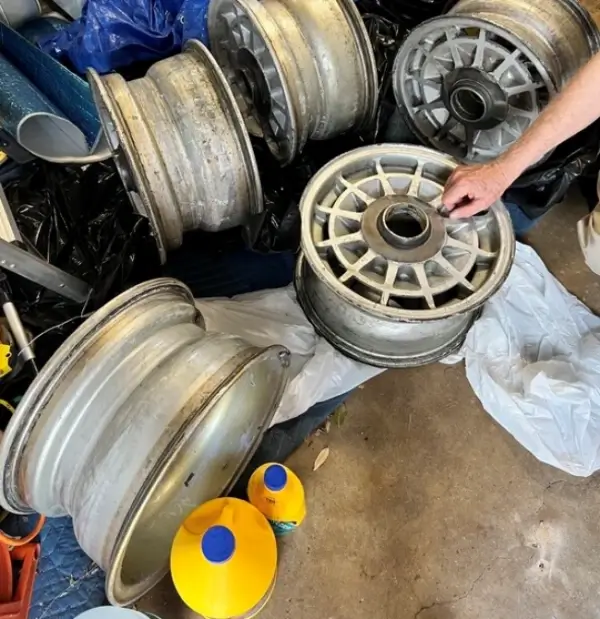
Maserati Ghibli Centre Lock Campagnolo Wheels
- From the beginning until the end, and for most cars (except a few of them equipped with Borrani bimetal and Borrani spokes wheels), Ghibli's were delivered with 15" magnesium Campagnolo wheels.
- At the beginning of the Ghibli's production, such wheels were centre-locked and tyres were 205 R15 (so with tubes), rapidly shifting to 215/70 R15 until the end of the production of Ghibli's, with design adapted for 4x130 studs fitment.
- And as you can see, 4x130 Campagnolo wheels have humps inside the rims and per the sticker inside the rim it is expressly recommended to avoid fitting tubes.

Maserati Ghibli 7.5x15 Bolt-on Campagnolo Wheels
Maserati Ghibli Borrani Wheels
Borrani wheels are available for your Maserati Ghibli. As agents for the iconic Ruote Borrani Milano company, we are able to supply all wheels from their extensive range.
Wire wheels made by Ruote Borrani Milano are, without a doubt, the best wire wheels available. Borrani wheels utilise aluminium rims, steel spokes and steel wheel centres.
If your Borrani wheels require rebuilding then please contact us at sales@borrani.co.uk
Click the link for Maserati Ghibli Borrani wheels.
Wheels made by Borrani are available in the following styles:
- Painted silver finish, as per the racing wheels of the period
- Polished and chrome finish, highly polished rim, chrome spokes & wheel centre
- Painted finish with polished outer edge
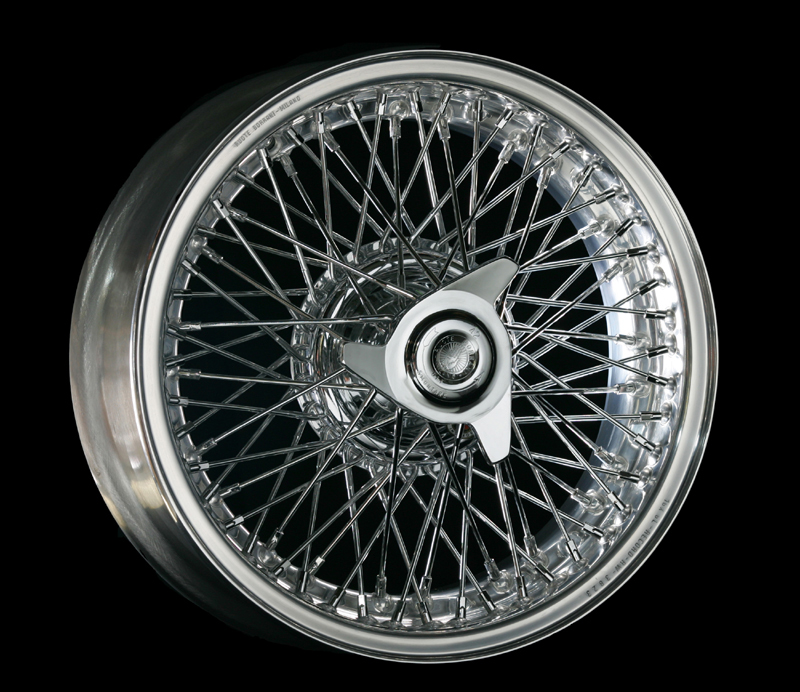
Innertube Guides

1972 Pirelli Maserati Fitment Guide
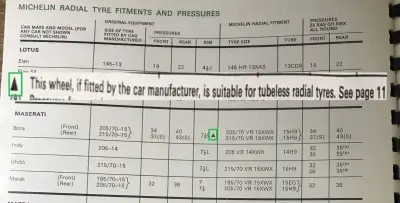
1974 Michelin Maserati Fitment Guide
